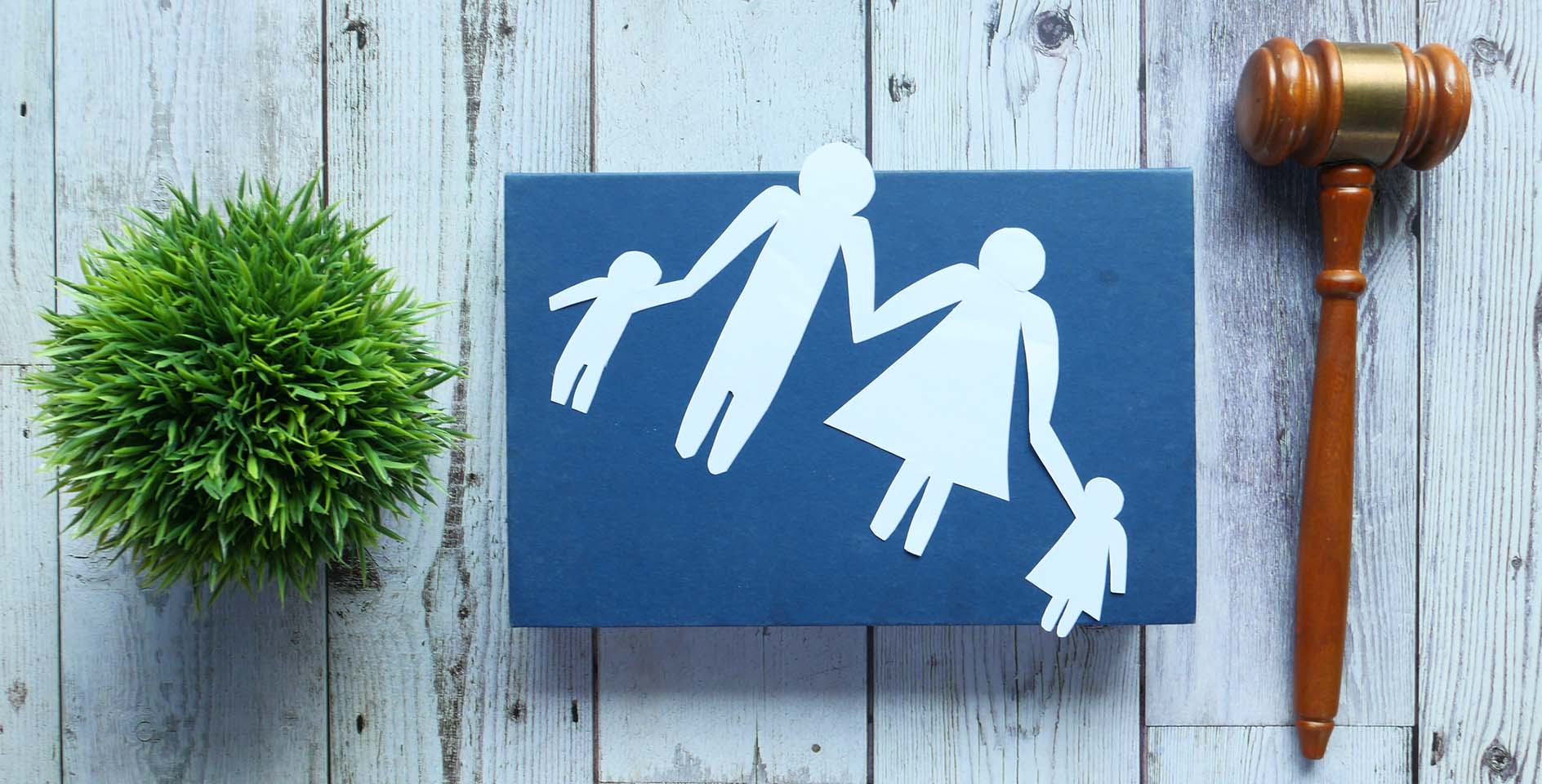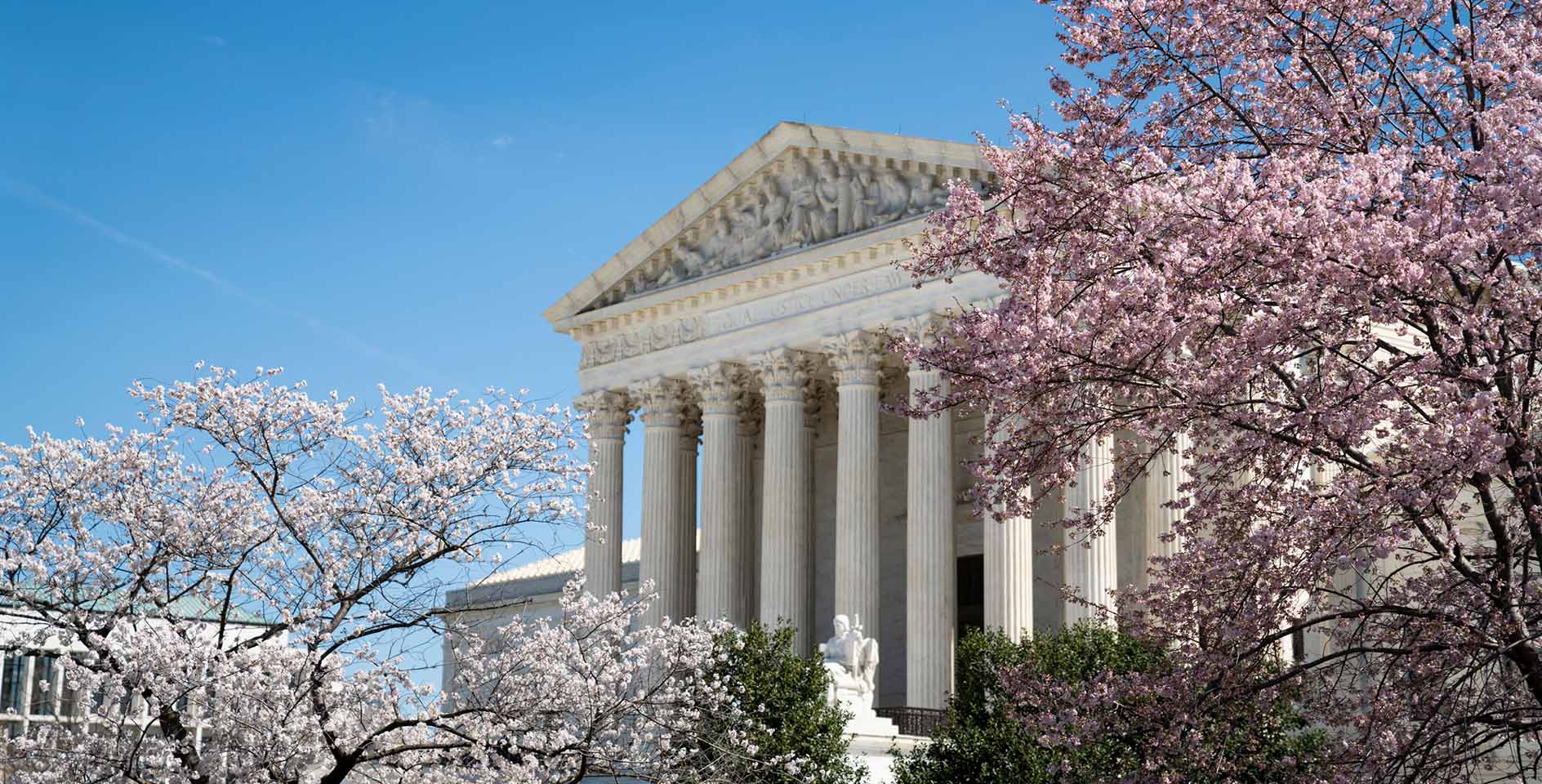In a decisive win for religious freedom, the Supreme Court unanimously ruled in Fulton v. City of Philadelphia that faith-based foster care and adoption providers, such as Catholic Social Services in Philadelphia, can continue serving children and families according to their convictions.
“The government has many God-given duties, but punishing a group for its theology is emphatically not one of them,” said Daniel Patterson, acting president of the ERLC, in response to the Court’s decision this morning. Patterson’s comment continued:
“It’s important to note as well that this decision prohibits no one from serving children — it simply ends state discrimination against religious groups. We must all remember what matters most is caring for children. If the government boxes out religious organizations and prohibits them from providing foster care and adoption services, the net effect is a massive shortage of available homes. Children in need should not be collateral damage in a culture war.”
While there were several concurring opinions, the justices, the Court held unianimously that the “refusal of Philadelphia to contract with Catholic Social Services (CSS) for the provision of foster care services unless CSS agrees to certify same-sex couples as foster parents violates the Free Exercise Clause of the First Amendment.”
What is this case about?
In 2018, a reporter from the Philadelphia Inquirer informed the City of Philadelphia’s Department of Human Services that two of its private foster care agencies, including CSS, would not work with same-sex couples as foster parents. The city investigated the allegation, which it considered a violation of the City’s anti-discrimination laws. When the agencies confirmed their religious views on marriage as essential for placement—although no same-sex couple had ever attempted to partner with CSS—the department ceased referring foster children to them and demanded they change their religious practices or close down their ministries.
The plaintiffs in this case are Sharonell Fulton and Toni Simms-Busch, foster moms who wanted to continue caring for children in need. Fulton and Simms-Busch filed a lawsuit on behalf of CSS claiming the Philadelphia government had violated their rights under the First Amendment’s Free Exercise, Establishment, and Free Speech Clauses, as well as under Pennsylvania’s Religious Freedom Protection Act. The lawsuit asked the courts for an order requiring the city government to renew their contractual relationship while permitting CSS to maintain their religious convictions. In July 2018, the district court denied the request, and the case was immediately appealed to the Third Circuit Court of Appeals. However, the Court ruled against CSS and refused to protect the agency while its litigation proceeded to the U.S. Supreme Court.
On the day of the oral arguments in D.C., Simms-Busch noted her gratitude that the justices “took our arguments seriously and seemed to understand that foster parents like me just want to provide loving homes for children.” Fulton added, “As a single woman of color, I’ve learned a thing or two about discrimination over the years—but I’ve never experienced the vindictive religious discrimination the City’s politicians have expressed toward my faith.” For more of the background on this case, see our explainer.
What is the significance of this case?
Today’s decision in Fulton is a critical win for religious liberty and children in need. People of faith have a right to serve children in need free of discrimination from the state. Now that the Supreme Court has clarified protections under the First Amendment, CSS can continue serving in Philadelphia at a time in which the city has called for more homes due to a foster care crisis.
“Today’s Fulton decision is good news for children and families because we need a foster care system that welcomes all who are qualified to serve all who are in need,” noted Chelsea Patterson Sobolik, policy director for the ERLC, on the importance of the ruling for the child-welfare community.
Sobolik also explained that, “Christians and the institutions formed from our churches are critical to the foundation of foster care in this country. Children are best served when we all work together.” Recent research from Barna revealed that practicing Christians are more than twice as likely to adopt relative to the general population, as highlighted by Becket Fund for Religious Liberty in a fact sheet on faith-based communities involvement in foster care.
There are 423,997 children in the U.S. foster care system, and approximately a fourth of those children are eligible for adoption. The Supreme Court’s ruling today means that more children will find safe, permanent, and loving homes, because CSS will continue to be able to serve those in need.
What did the Court rule?
The Court held that the City of Philadelphia infringed Catholic Social Services’ free exercise rights by refusing to renew its contract with CSS on the basis of the City’s agency contract and citywide Fair Practices Ordinance. These ordinances were in conflict with CSS’s core beliefs related to marriage and sexuality, and Philadelphia provided no religious exemption for CSS or groups like CSS.
This ruling was based on several arguments. First, the Court held that the City’s policies and ordinance were not “generally applicable,” and therefore were subject to a greater degree of scrutiny by the courts. The Court further argued, “Government fails to act neutrally when it proceeds in a manner intolerant of religious beliefs or restricts practices because of their religious nature.” Second, the Court held that CSS was not a “public accommodation” under the City’s ordinance. And third, the Court held that the City’s government interest in expanding LGBT rights was not sufficiently compelling to override CSS’s religious freedom rights.
On this last point, it is worth quoting this key section of the Court’s reasoning:
The question, then, is not whether the City has a compelling interest in enforcing its non-discrimination policies generally, but whether it has such an interest in denying an exception to CSS. Once properly narrowed, the City’s asserted interests are insufficient. Maximizing the number of foster families and minimizing liability are important goals, but the City fails to show that granting CSS an exception will put those goals at risk. If anything, including CSS in the program seems likely to increase, not reduce, the number of available foster parents.
How did the ERLC engage in this case?
The ERLC has been involved in this case specifically, and these issues more broadly, for years. For Fulton, submitted an amicus brief to the Supreme Court alongside a diverse coalition of churches and religious institutions.
The brief argued that Employment Division v. Smith should be overruled because it’s “unworkable standard” has been a “disaster for religious freedom.” This matters for Fulton because “Philadelphia violated the Free Exercise Clause when it excluded Catholic Social Services as a foster care provider.” The Employment Division v. Smith case ruled that burdens resulting from neutral and generally applicable laws that target specific religious practices are not subject to strict scrutiny under the Free Exercise Clause. The ERLC also filed an amicus brief at the Third Circuit before the case reached the Supreme Court.
What about Justice Alito’s Concurrence?
Some advocates note that Justice Alito was concerned about the durability of this ruling. In his concurring opinion, Justice Alito wrote, “this decision might as well be written on the dissolving paper sold in magic shops” because “if the City wants to get around today’s decision, it can simply eliminate the never-used exemption power.” Justice Alito goes on to predict that “the City will claim that it is protected by Smith; CSS will argue that Smith should be overruled; the lower courts, bound by Smith, will reject that argument; and CSS will file a new petition in this Court challenging Smith.” Justice Alito goes on to critique Smith by stating that “we should reconsider Smith without further delay. The correct interpretation of the Free Exercise Clause is a question of great importance, and Smith’s interpretation is hard to defend.”
Justice Alito may be right that the Court will soon need to squarely decide whether Employment Division v. Smith is good law, and indeed, there are several cases on their way to the High Court that invite the Court to answer that question. In the meantime, this unanimous decision by the Court affirming the religious freedom rights of child welfare providers provides welcome answer to a question dividing courts today.
What does today’s ruling mean moving forward?
The Court’s decision strengthened and clarified the Free Exercise Clause of the First Amendment. This case provides reassurance for religious institutions at a time when the meaning and scope of civil rights laws are in flux. This will benefit religious institutions across that country that seek to serve children in need without violating their sincerely held beliefs.
The child welfare system needs as many agencies seeking to care for vulnerable children as possible, and the Fulton decision simply means that the state should not punish providers and families for their faith. Children are best served when we all work together.
The ERLC will continue to engage our culture with the gospel of Jesus Christ in the public square to protect religious liberty and promote human flourishing. We will continue to work to ensure that vulnerable children in our nation can find safe, permanent, and loving homes.
For Further Reading:
- Explainer: What you need to know about Fulton v. Philadelphia by ERLC Staff
- Explainer: Supreme Court to hear case about faith-based foster care by ERLC Staff
- What happened at the SCOTUS case on foster care and religious liberty? by Policy Staff
- Lori Windham on Fulton v. Philadelphia, the Supreme Court foster-care case










